Judge a Moth by the Beauty of Its Candle  Rumi
Rumi




 Rumi
Rumi
You are the king's son.
Why do you close yourself up?
Become a lover.
Don't aspire to be a general
or a minister of state.
One is a boredom for you,
the other a disgrace.
You have been a picture on a bathhouse wall
long enough. No one recognizes you here, do they?
God's lion disguised as a human being.
I saw that and put down the book
I was studying, Hariri's Maqamat.
There is no early and late for us.
The only way to measure a lover
is by the grandeur of the beloved.
Judge a moth by the beauty of its candle.
Shams is invisible because he is inside sight.
is invisible because he is inside sight.
He is the intelligent essence
of what is everywhere at once, seeing.
Why do you close yourself up?
Become a lover.
Don't aspire to be a general
or a minister of state.
One is a boredom for you,
the other a disgrace.
You have been a picture on a bathhouse wall
long enough. No one recognizes you here, do they?
God's lion disguised as a human being.
I saw that and put down the book
I was studying, Hariri's Maqamat.
There is no early and late for us.
The only way to measure a lover
is by the grandeur of the beloved.
Judge a moth by the beauty of its candle.
Shams
 is invisible because he is inside sight.
is invisible because he is inside sight.He is the intelligent essence
of what is everywhere at once, seeing.








 )
) 







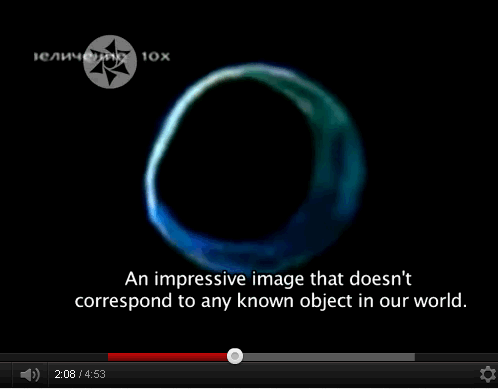





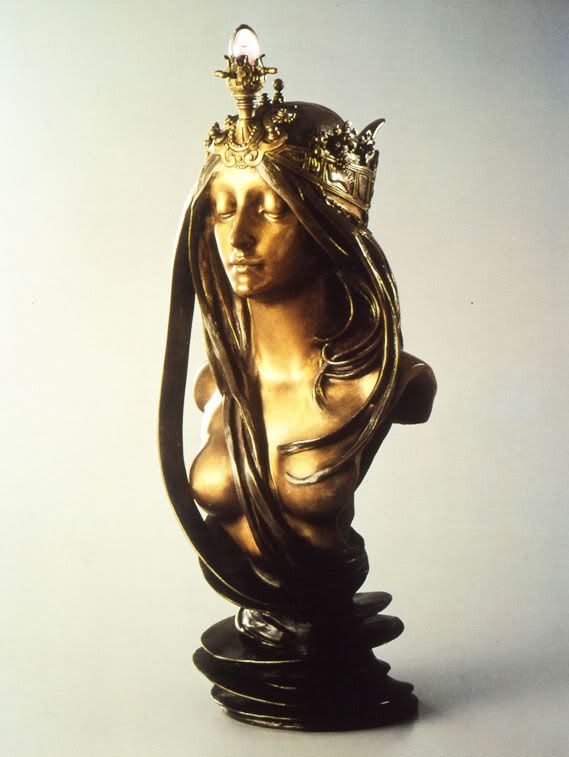
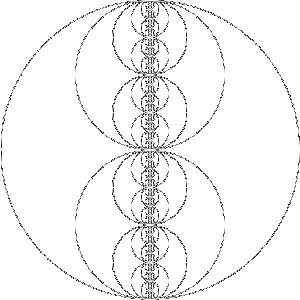




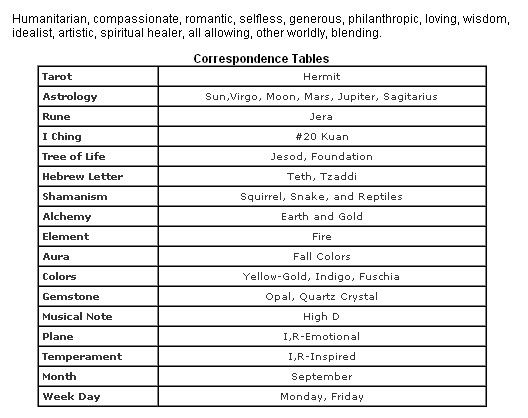
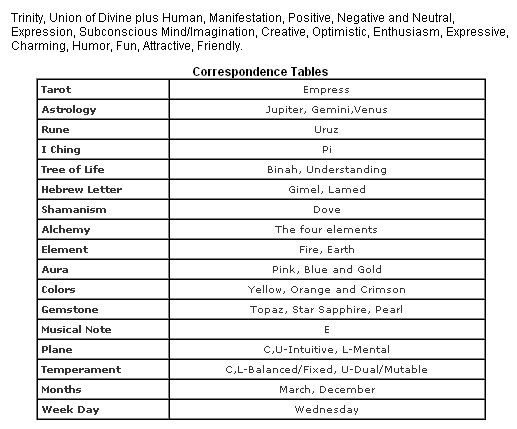


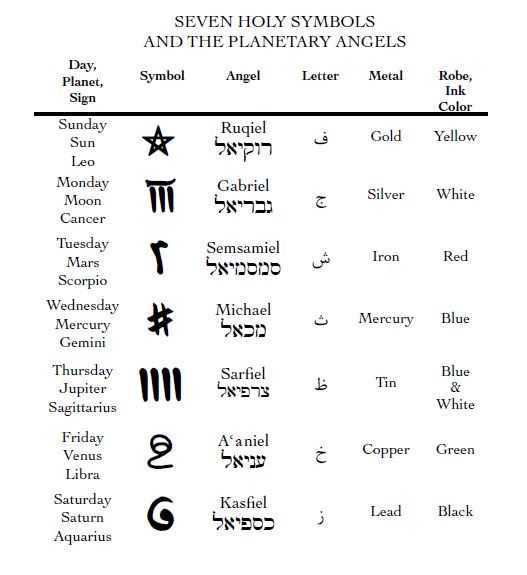
 i quote often but know little of him
i quote often but know little of him 
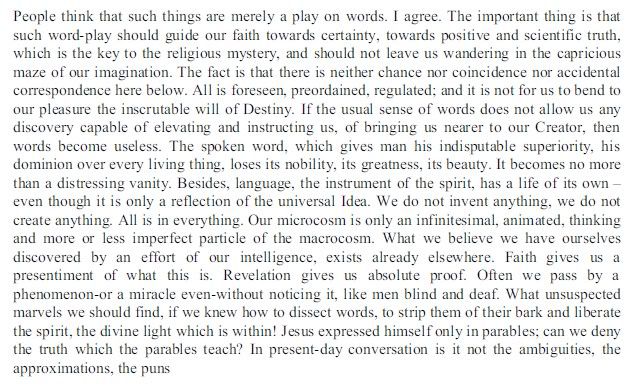





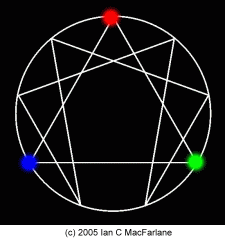








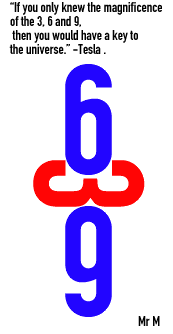
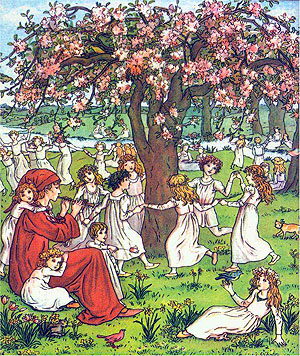


Comment